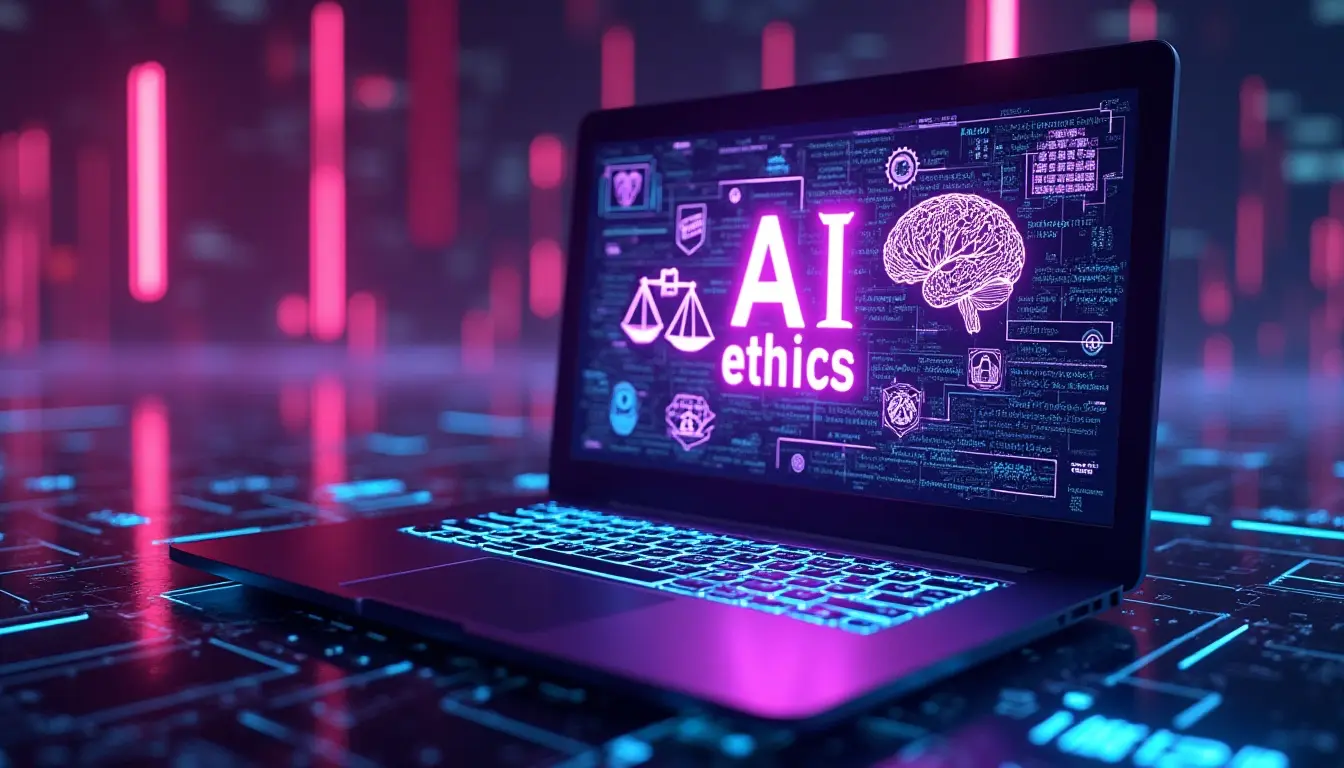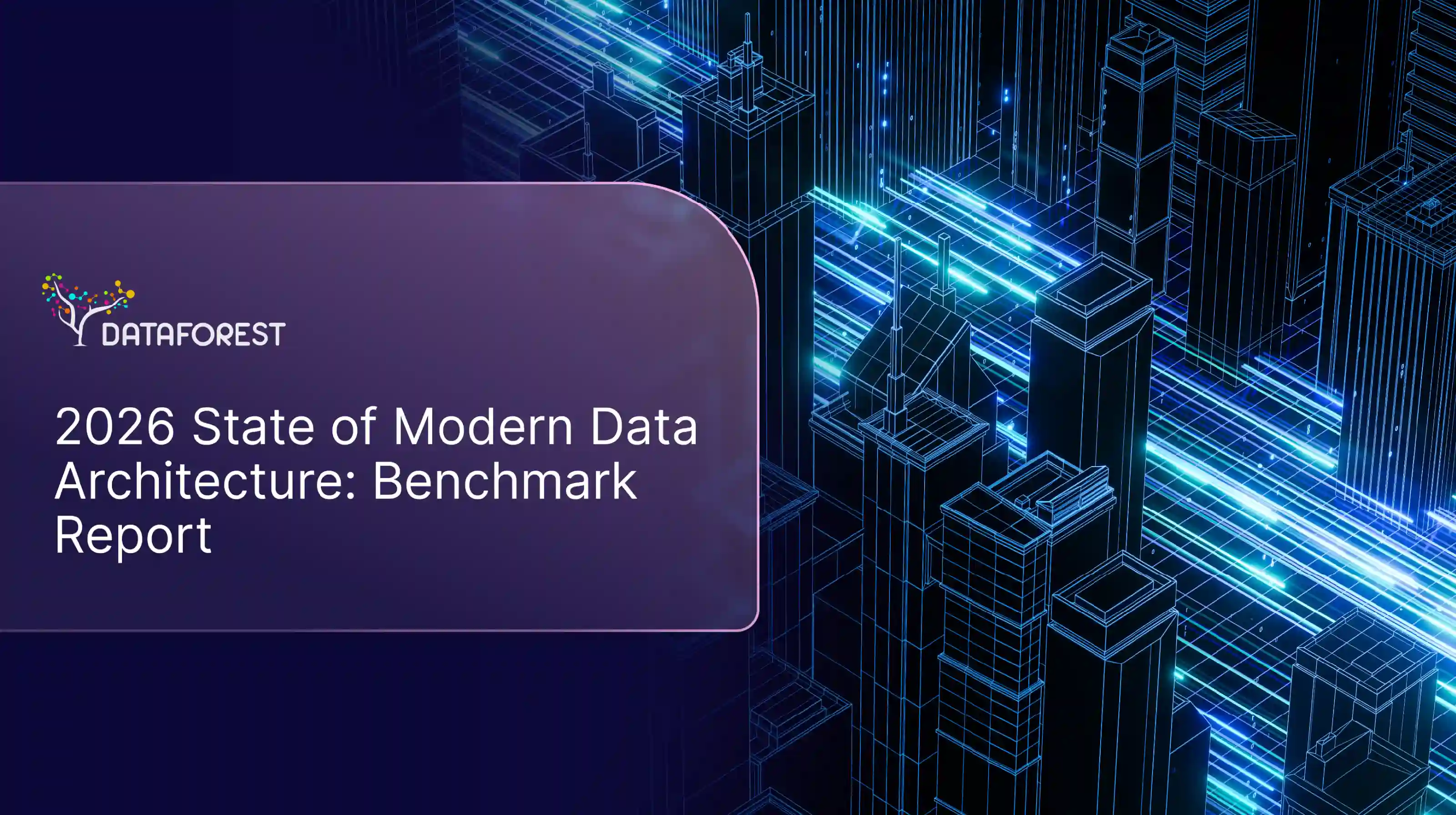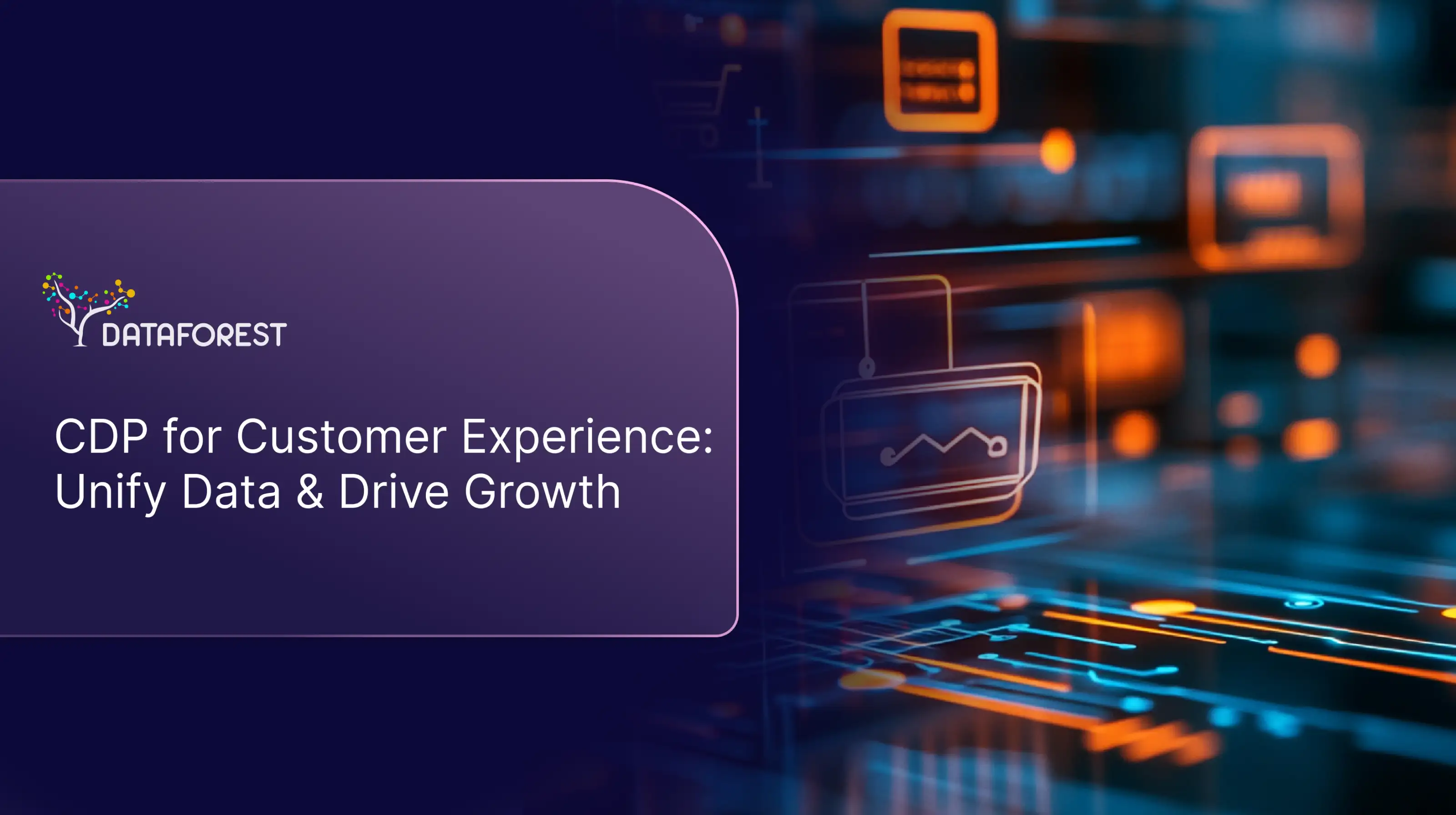Share
Table of contents:
AI Ethics: Navigating the Moral Landscape of Artificial Intelligence

Picture algorithms deciding who gets hired, which patients receive treatment, and how criminal sentences are determined - potentially harboring invisible biases while making life-altering decisions. This is why AI ethics has become critical, demanding frameworks ensuring artificial intelligence serves humanity responsibly.
This field grapples with fundamental questions about fairness, transparency, privacy, and human autonomy as machines increasingly shape daily lives. It's like establishing moral compasses for technologies that could liberate or oppress humanity.
Core Ethical Principles for AI Development
Fairness requires AI systems treating all individuals equitably, avoiding discrimination based on protected characteristics. Transparency demands explainable algorithms humans can understand and audit, while accountability ensures clear responsibility chains.
Essential ethical foundations include:
- Fairness and non-discrimination - ensuring equal treatment across demographic groups
- Transparency and explainability - making AI decision processes understandable
- Privacy protection - safeguarding personal data and individual autonomy
- Human oversight - maintaining meaningful human control over critical decisions
These principles work like constitutional amendments for the digital age, establishing fundamental rights guiding AI development.
Critical Challenges and Real-World Impact
Algorithmic bias perpetuates historical discrimination through seemingly neutral processes, while black-box decision-making creates accountability gaps. Privacy erosion occurs as AI systems require vast personal datasets.
Implementation and Future Directions
Technology companies establish AI ethics boards evaluating societal impacts before deploying systems. Governments develop regulatory frameworks balancing innovation with citizen protection.
International cooperation becomes essential as challenges transcend boundaries, requiring shared standards. Multi-stakeholder approaches involve technologists, ethicists, policymakers, and communities in shaping development for unprecedented challenges ahead.











